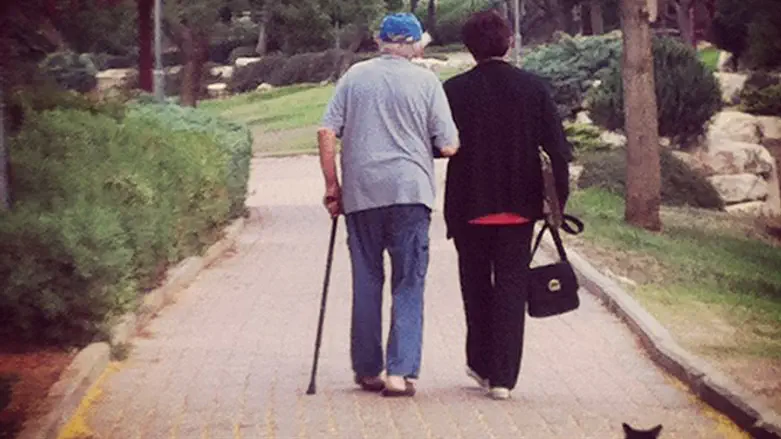
COVID-19 is hitting devout Jews particularly hard. It is therefore hurtful to see how under these trying circumstances many secularists mock Jewish religiosity and faith. On social media memes deriding rabbis and prayers have spread virally, suggesting that coronavirus proves the absence of God and the monopoly of science and medicine over providence.
The haredi population, many of whom to not have internet or whatsapp to keep abreast of the situation, live in crowded conditions with large families so that closing synagogues and yeshivas is only a partial solution for them.The initial lack of agreement of some haredi religious leaders to epidemiologists' instructions was thus much more harmful and the flouting of the rules against congregating led to a great deal of anger in the community at large. The rabbis' attitude changed when reports stated that 50% of those hospitalized are haredi and the irresponsible extremist elements in the haredi community who ignored police instructions and gathered to attend a funeral were castigated by their rabbis.
In the light of the early short-sightedness coupled with extremist self-serving behavior, it is natural that adversaries of religion are having a field day.
However, while coronavirus lays bare certain flaws of the religious world, it also shows how tenuous secular modern society’s moral compass is in times of crises. I have been dismayed to see the nonchalance of secularists toward the fact that in many European cities, the lives of the elderly have had to be sacrificed in order to save the lives of younger patients. A secular PhD historian I know even wrote that coronavirus shows how absurd it is for society to devote so many resources to assist the old and terminally ill.
It is clear that such thoughts would not arise were the lives of their loved ones at stake.
In addition, it is clear that sacrificing the terminally old and ill is qualitatively quite similar to eliminating “burdensome” members of society at large.
We all admire the dedication and heroism of thousands of doctors and nurses around the world who risk and in many cases have sacrificed their lives on the line of duty. We owe their sacrifice not just to their humanitarian sentiments and professional ethics, but also to the spiritual and moral belief that underpin the medical profession. Admittedly, most of these medical professionals are not religious. Nevertheless, they subscribe to the foundational axiom of their profession that saving human lives is a sacred duty. These religious underpinnings of the medical profession date back not just to Maimonides, but go as far as Hippocrates, whose famous oath invoked the pagan deities.
Recognizing the religious origins of medical ethics is important in order to understand what might happen if societies learn to completely disregard God. In the short term we might get rid of some of the superstitious and irrational behavior plaguing the world today. In the long-run we would eventually realize that if doctors view human bodies as a random amalgam of molecules then the human body is ultimately no different to a car or a motorcycle. So just like the mechanic feels no scruples in advising owners that their vehicle is not worth repairing, so will medical staff have few qualms in advising relatives and insurance companies to avoid crucial, yet more costly, medical interventions.
From a purely scientific and economic perspective such a development is perfectly rational. That explains why a century ago some of the brightest American and European minds demanded the wholescale sterilization and elimination of “unproductive” lives. The reason this thinking is repugnant to most secular people is the vestiges of Bible-inspired morality they were raised with and the fact Nazism and Communism bear witness to what happens when societies lose their Biblical bearings.
The hidden blessing of this pandemic could be to teach all religious communities to respect and embrace scientific knowledge more, just as it will hopefully remind secular society of how important it is to hold on to Biblical values and feel pain for all victims of viruses, including those in their 80s and 90s. If both sides across the theological divide commit to learning from the best the other side has to offer we will have a God-given opportunity to improve ourselves and society.
